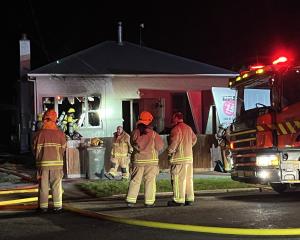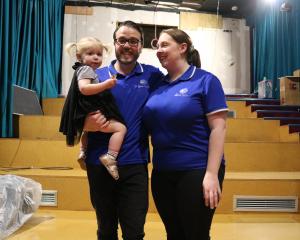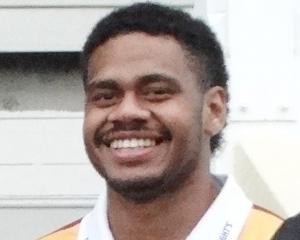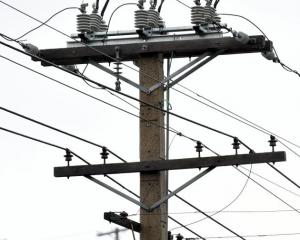
The situation is not helping the police's public image in Oamaru, says Derek Beveridge, a former long-time police sergeant.
Now the co-ordinator of restorative justice practice Waitaki Turnaround, Mr Beveridge said he had to deal with police often.
Once in the past two months, after finding himself on an electronic phone trail to no-one, he ended up being told by a machine no-one was available to take his call.
''I slammed the receiver down in disgust and gave up.''
People used to get great service when they called the Oamaru police station, he said.
''You now get transferred to God knows where and trying to speak to a human being is all but impossible.''
He believed the call process affected the police public image in the area.
''I've spoken to a lot of people over a period of time and they've given up trying to get hold of the police.''
The manager of Oamaru's Whitestone Taxis, Murray Bell, said he and other drivers had given up trying to report to police crimes or suspicious activity after struggling to get a message through.
He recently tried to report crime and suspicious activity in Oamaru streets. Diverted to a central communications hub, he was asked ''Which island is Oamaru in?'', ''Why are you reporting this?'' and told a street did not exist that did.
He and the other drivers in his company had subsequently given up trying to report such events to police, he said.
The change had been gradual over the past five years, and now most calls were picked up by call centres outside of the area, Mr Bell said.
''It's ludicrous. Trying to get a message to someone in Oamaru is impossible. We don't end up ringing any more because it's just so frustrating.''
Police say the system changed in 2013, when a crime reporting line was introduced to ensure reports made by phone that might previously have gone unanswered at local stations were dealt with more promptly.
Communication centre national manager Inspector Mal Schwartfeger said the line ensured calls were answered and details taken entered into police systems.
But Mr Bell said he and other drivers were often left for 15 to 20 minutes on hold, to then talk to someone who sounded like they were reading from a script.
''We've even had the situation on a Saturday night where we found someone comatose on the footpath and you're ringing and you're asked what height is he?''
He had no issue with Oamaru police staff, who he said were approachable and acted on information, but as soon as staff outside the area fielded calls there was a breakdown in communication.
''It's bloody hopeless. We've had the situation in Oamaru where police have asked us to [keep an eye out] for someone who has gone missing, we find them, we end up trying to call them and you end up anywhere but Oamaru.''
Insp Schwartfeger did not respond directly to the concerns.
In an email, he said communication centre call-takers were trained to consistently respond to each call and ask appropriate questions to determine relevant information.
Calls were answered at local police stations when staff at the station were able to answer the phone, but if no-one was available, or after hours, the call was transferred to a communication centre.
Christchurch, Wellington and Auckland call centres take calls from North Otago.













